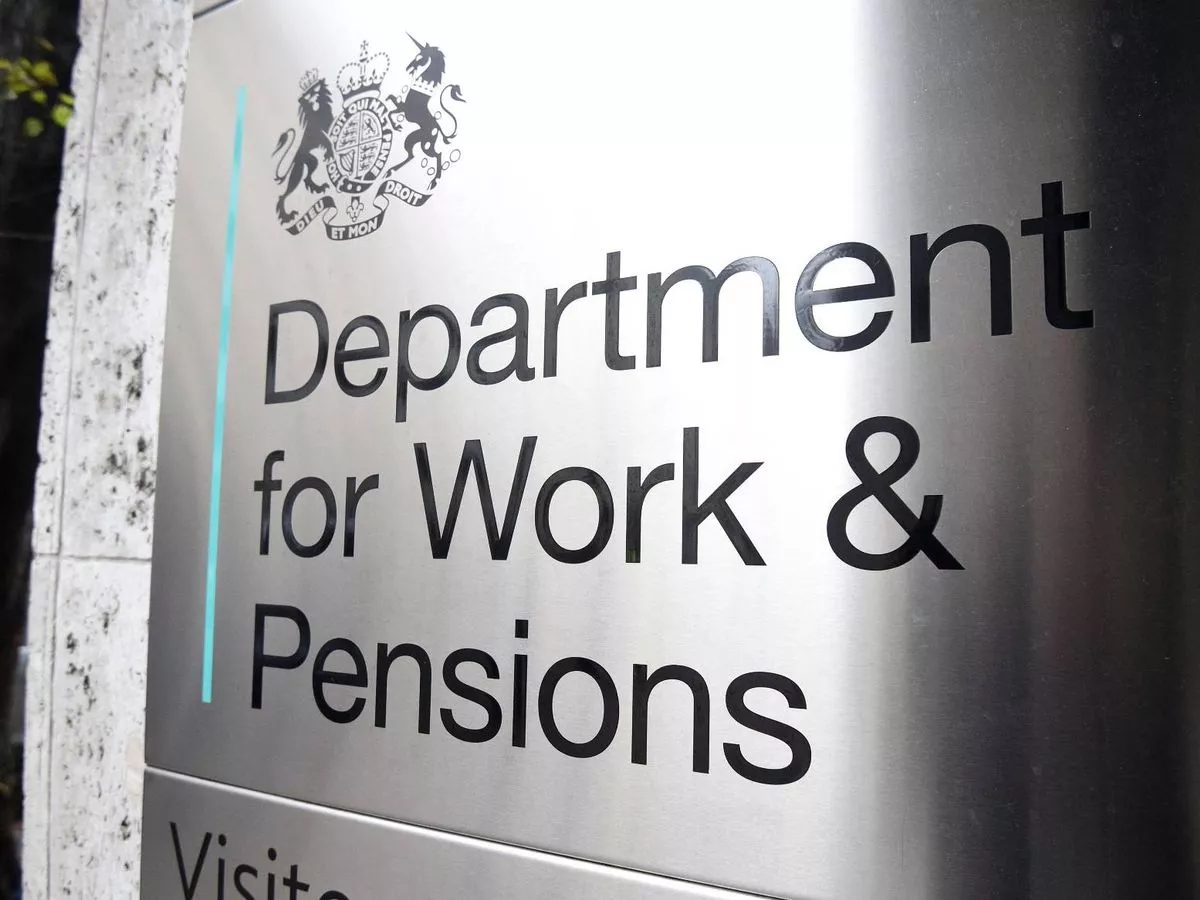By Charlotte Smith,Holly Morgan
Copyright walesonline

The Department for Work and Pensions (DWP) is poised to gain new powers to examine the bank accounts of those claiming benefits. The proposed rules would enable the DWP to more closely monitor financial transactions, in a bid to combat fraud and prevent overpayment of benefits. These new powers are set to be rolled out from April 2026 under the Public Authorities (Fraud Error and Recovery) Bill, with full implementation expected between 2029 and 2031. This legislation will bolster the DWP’s capacity to tackle social security fraud and errors by granting the department enhanced authority to investigate, prevent, and reclaim funds owed to taxpayers. Rather than directly scrutinising all benefit claimants’ bank accounts, banks will be tasked with reporting accounts that may indicate eligibility issues for benefits. The strategy involves using algorithms to detect potential fraud and allowing certain debts to be deducted directly from accounts without requiring a court order. While this update aims to speed up debt recovery and catch more fraudulent activity, it has sparked concerns about privacy and the safeguarding of vulnerable individuals. Under the DWP’s Eligibility Verification Measure, banks will be obliged to flag accounts that exceed benefit limits, such as the £16,000 income cap for Universal Credit. The Manchester Evening News reports that this development could trigger DWP investigations and potential fraud recovery proceedings. These examinations are designed to combat fraud and errors by spotting potential overpayments before they occur, reports the Daily Record . They’re also intended to minimise fraud and ensure accurate payments. The emphasis is on protecting taxpayer funds and ensuring only those who qualify receive benefits. Safeguarding measures are expected to be put in place, with a “test and learn” approach being adopted to ensure these powers are used fairly and effectively. At present, the DWP can only request an individual’s bank transaction details if they have reasonable grounds to suspect fraud. However, new legislation could change this completely. The DWP has stated it won’t be prying into everyone’s daily spending. Instead, banks will be required to highlight accounts suggesting a person may no longer qualify for benefits. Only basic information will be shared unless a warning signal is activated. Should an account be flagged, the DWP might then initiate a more thorough investigation. The DWP will issue Eligibility Verification Notices to banks, outlining specific “eligibility indicators” they must check against accounts receiving DWP benefits. Banks will be required to review the information they hold on these accounts and match it against the specified indicators. For the biggest stories in Wales first, sign up to our daily newsletter here The government intends to implement a gradual, test-and-learn strategy from 2026 to ensure the powers are utilised effectively. These checks are designed to identify potential claimants who may have exceeded eligibility criteria for means-tested benefits, such as income or capital thresholds. This change is likely to impact those on means-tested benefits, which are dependent on income and savings. If anyone receiving these benefits shows financial activity that seems inconsistent with the eligibility criteria, their account could be flagged. Means-tested benefits are government financial support schemes that determine eligibility and payment amounts based on your income and available assets (like savings and investments). If your income and assets fall below a certain threshold, you could qualify for these benefits, which are designed to assist those most in need. The primary goal is to reduce benefit fraud and prevent overpayments that occur when people fail to report changes in their financial situation. By having banks highlight suspicious accounts, the DWP can more effectively check benefit eligibility and ensure payments reach those genuinely entitled. The checks are expected to save around £940 million over the next five years by reducing losses from fraud and errors. A statement on Gov.uk reads: “The National Audit Office report ‘An Overview of the impact of fraud and error on public funds for the new Parliament 2023 to 2024’ supports the use of data to detect and prevent fraud and error. DWP wants to better harness and use data to detect and prevent fraud and error in the social security system and correct it more quickly, preventing debt from accruing. “To do this, DWP will require banks and other financial institutions to examine their own datasets and provide data to help identify where someone may not be meeting the specific eligibility criteria of a benefit through issuing ‘Eligibility Verification Notices’. “DWP will then use the information received, along with other information held on the claimant, to determine whether further inquiry is needed. This will mean that claimants are paid more accurately, more errors are found and resolved, and any suspected fraud can be identified and investigated sooner.”



